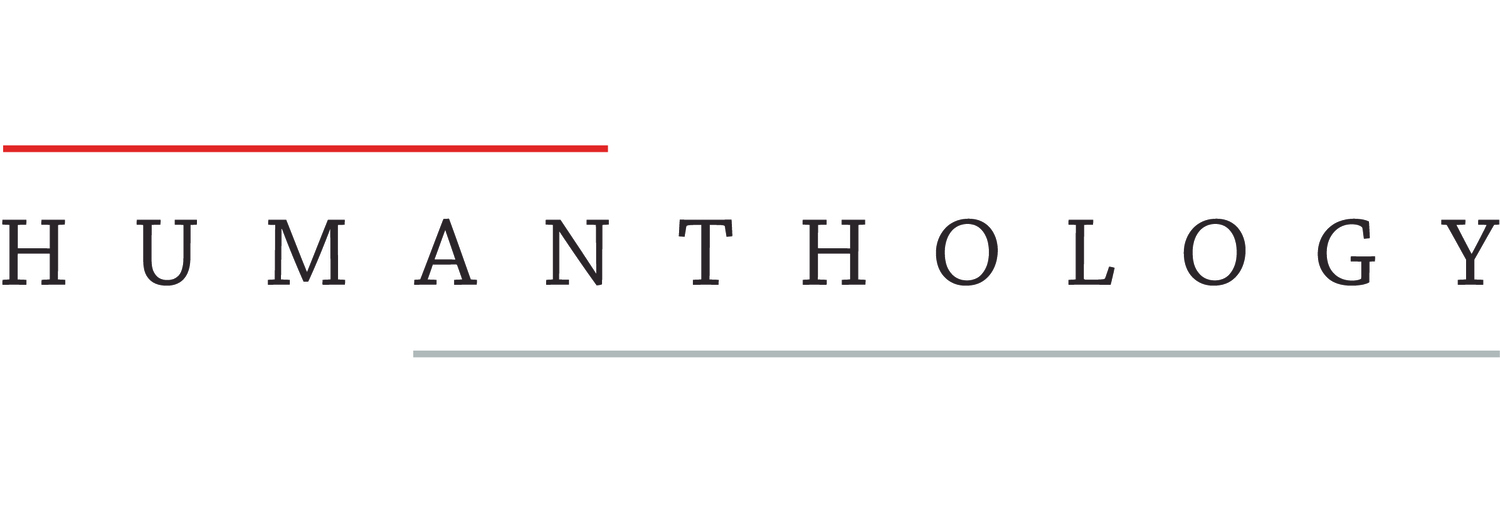By Cindy Millstein
Time has folds in it that I don’t rightly seem to comprehend anymore. Flashbacks pop into my head like present-day happenings or embodied sensations. The future, when it occasionally makes itself known, slips ever-so-quickly away into the dark night and is gone again. The past is the trickiest. It feels jumbled, out of chronology, making it hard to judge distance. It dredges up panic and fear, emptiness and sorrow, a shaky chill.
After my dad died last May 16, I decided to keep one of his several watches. Its self-winding mechanism doesn’t seem to want to keep accurate sense of time either, though. It falls behind or stops, perhaps picking up on my anxious pulse, and part of its wide leather band inexplicably snapped the other day.
Time has shifted gears on me before. During Occupy and most especially when I stayed in Montreal for several months during the Quebec student strike, time became this luxurious syrup, pouring slowly over the sensuous, uplifting time of possibility, when it seemed that people magically, intimately, were in movement together, acting out more humane ways of being and living. Space was ours, and so too did time step away from the powers that be, and become our own.
Now, time is still out of step with the normality of the social order (which I despise), but it’s also somehow both my own and not my own. Far from my own, indeed. I’m trying to “take time” to both mark time, reflect on it, and follow to the rhythm inside myself. Yet time and again, it gets the best of me, like I’m crisscrossing time zones, engaging in time travel, and at the mercy of wristwatch hands spinning wildly.
Maybe this is, in fact, the “time” I need — dysphoric disorientation, without charted destination. And if today I can hear the clock ticking hard inside my chest, perhaps it’s best to listen it, much as it’s drowning out all else. It set off an alarm that it’s the four-month anniversary of my mom’s death on October 3, even though I’d (almost) tried to forget that piece of calendar life history on this unsteady transition day of return to San Francisco, the known unknown.
I may not be able to tell or make time, or make any meaning of it, as evidenced by the expression on my face from another period (right-hand side of this photo). That scares the life out of me. Ever since my parents took sick and all through their dying journey, the title of a musical (a genre they both loved) kept running through my head: “Stop the World, I Want to Get Off.” What sense of motion and potentiality can we have without a coherent compass of past, present, and future? Utopic remakings of our world and lives demand, I think, that we grab the reins of temporality, pulling time away from the speedings-up that make us forget too quickly, move forward too fast, never care about where we are or why. That squash honest emotions that can only exist by being shared; that steal our ability to listen and express empathy; that negate our capacity to process and grow,and control and destroy us.
It may be a long while still until I can piece time back together again, and when and if I do, I’m trying to trust that it will be a new time, with more such hours and days as I felt in places like the community of Occupy or social fabric of Montreal. Yet on this mixed-up day, February 3, I know space with a newfound depth: the space of love gained, love lost, love still there nonetheless that is my mom (pictured here, too).
(This piece was written on February 3, 2014, and originally appeared on my Outside the Circle blog at cbmilstein.wordpress.com).
